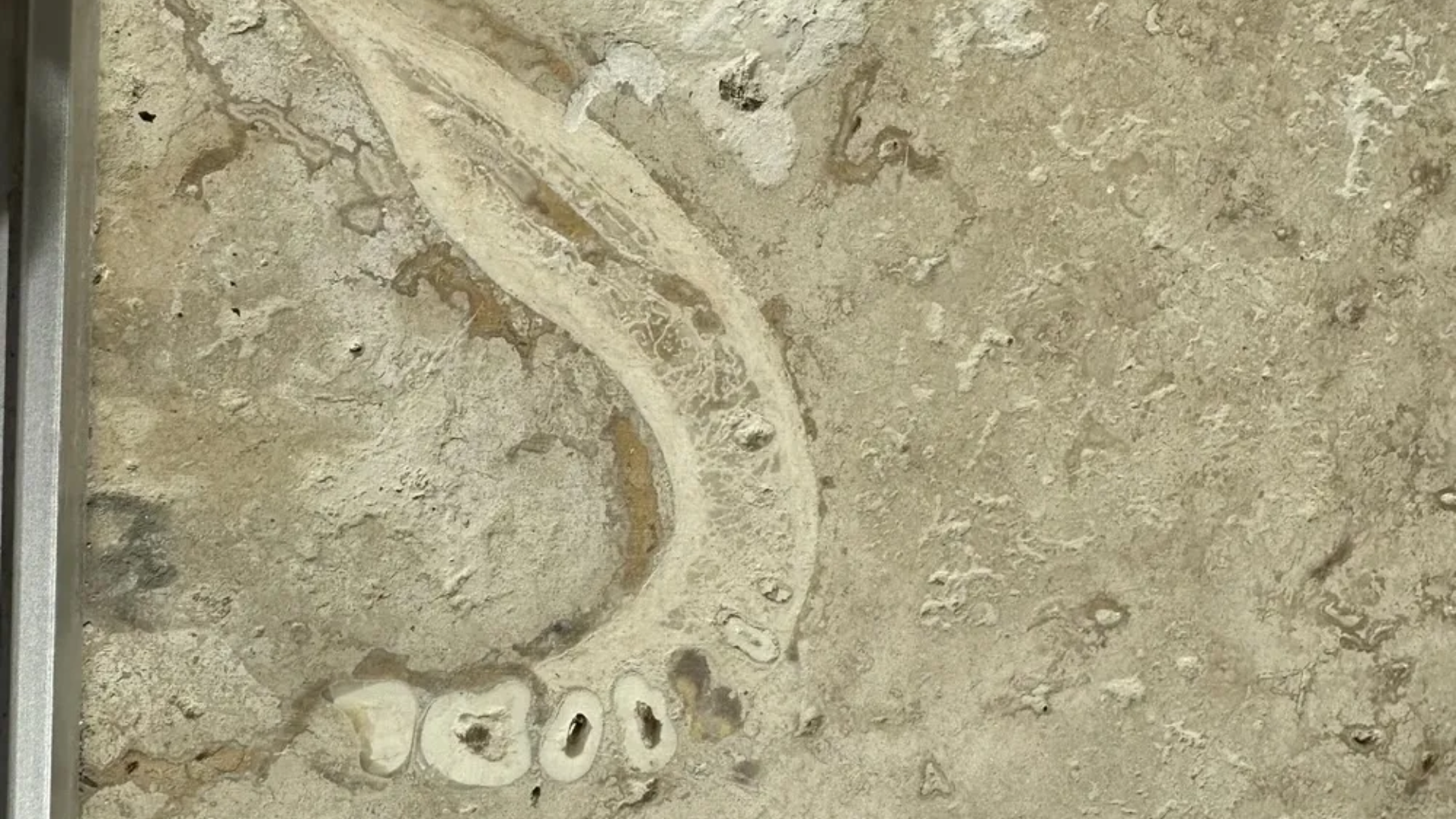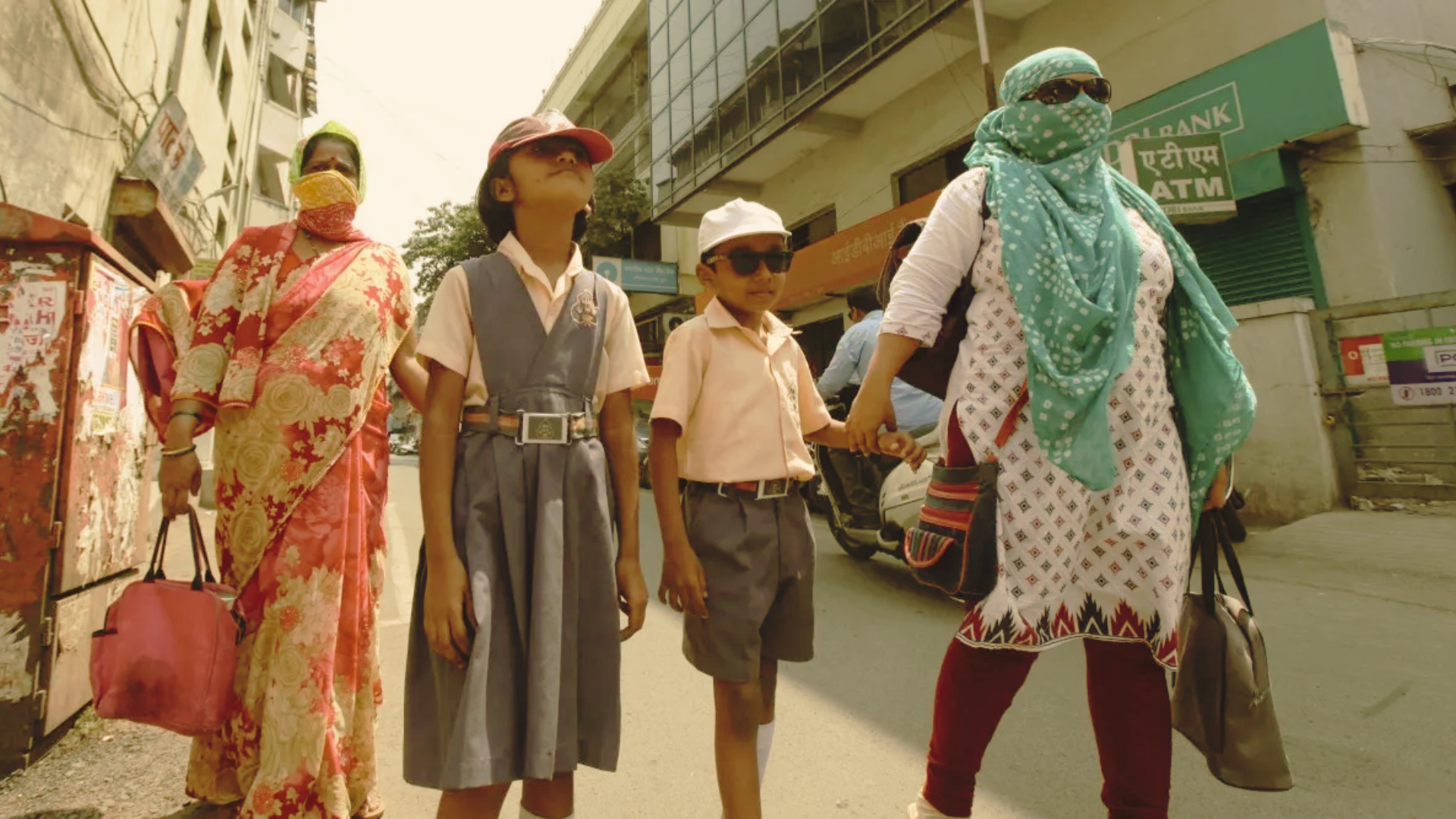










After a 1,250-year hiatus, the participation of women in the ‘Naked Festival’ (Hadaka Matsuri) signifies a momentous occasion steeped in history. Recently, approximately seven groups of women engaged in the ritual, believed to ward off evil spirits and invoke happiness through prayers.
Despite the festival’s name, it’s essential to clarify that participants weren’t actually naked. Women donned “Happi coats” and shorts, typical attire for Japanese festivals, while men sported loincloths reminiscent of those worn by sumo wrestlers.
Naruhito Tsunoda, a shrine priest, stressed that there had never been a prohibition against women’s participation. When a women’s group sought to join last year, granting permission was straightforward, reflecting the festival’s inclusive ethos.
“I believe the essence of this festival lies in creating an enjoyable experience for everyone. I believe that would bring the greatest joy to the divine spirits as well,” Tsunoda conveyed to the media.
While women didn’t partake in the festival’s primary event, which traditionally involves men gathering to dispel evil spirits, Tsunoda explained that logistical challenges hindered their inclusion due to the event’s physical demands.
Japan’s commitment to enhancing women’s societal involvement was underscored by the government’s announcement last year, responding to reports highlighting the persistent gender gap struggles.
According to the World Economic Forum’s gender parity report, Japan’s decline to 125th out of 146 countries in 2023, from its 116th position in 2022, emphasizes the ongoing challenges.
Yet, these women’s participation isn’t solely about breaking gender barriers; it’s also about preserving tradition and cultural heritage.
Another Naked Festival:
In a poignant development, another naked festival held at Kokuseki Temple in Japan’s northern region announced that this year’s edition would mark its final occurrence. The declining participation of young individuals presented a significant challenge to preserving the festival’s heritage.
Japan confronts the reality of having one of the world’s fastest aging populations. Notably, last year saw a notable milestone with over one in ten individuals aged 80 or older for the first time. Concurrently, the nation grapples with a low birth rate, standing at just 1.3 births per woman, resulting in only 800,000 babies born last year.
As the moment approaches for the women to proceed to the shrine, they assemble in orderly lines, each clutching long bamboo sticks adorned with intertwined red and white ribbons.
Leading the procession is Atsuko Tamakoshi, whose whistle initiates the rhythmic chant echoed by men for generations.









